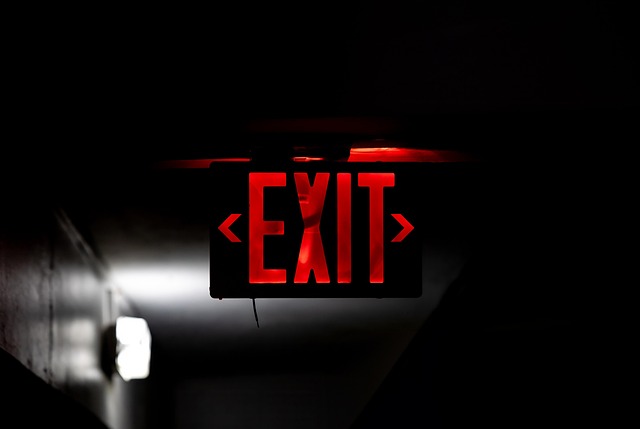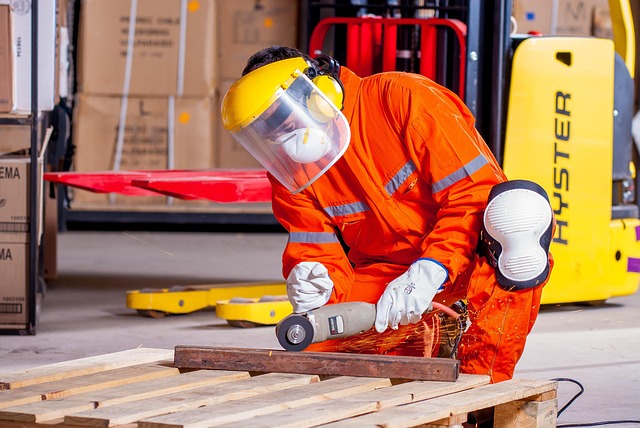Retailers prioritizing customer safety through staff educational qualification verification is crucial for industry compliance and enhanced trust. Thorough background checks, enabled by digital platforms and AI, ensure competent employees, foster learning cultures, and streamline record-keeping. Embracing technology like global databases and partnerships revolutionizes customer safety checks, promoting accountability and improving shopping experiences.
In the dynamic retail landscape, ensuring the educational qualifications of professionals is paramount. Verifying credentials isn’t just a legal requirement; it’s a crucial strategy for enhancing customer safety checks and fostering trust. This article delves into the significance of educational qualification verification, exploring its role in maintaining industry standards, identifying competent personnel, and driving best practices. We’ll navigate implementing effective processes, discuss current trends, and offer insights into future developments in this essential retail practice.
- Understanding the Importance of Educational Qualifications Verification in Retail
- The Role of Customer Safety Checks in Ensuring Professional Competence
- Implementing Effective Verification Processes for Retail Professionals
- Best Practices and Future Trends in Educational Qualification Verification
Understanding the Importance of Educational Qualifications Verification in Retail

In the retail sector, ensuring customer safety and satisfaction is paramount. One often-overlooked aspect that significantly contributes to this is the verification of educational qualifications for retail professionals. It may seem like a simple administrative task, but it plays a crucial role in maintaining high standards and fostering trust among customers. With a growing emphasis on knowledge-based expertise, retailers are recognizing the value of qualified staff in providing accurate product information, assisting with complex customer inquiries, and ensuring a seamless shopping experience.
Educational qualification verification acts as a powerful tool for retailers to conduct thorough background checks. This process involves verifying degrees, certifications, and training programs relevant to their roles. By doing so, retailers can confirm that their employees possess the necessary skills and knowledge, especially in industries where product safety and compliance are critical. It’s a step towards implementing robust customer safety checks, ensuring that retail professionals are equipped to handle various scenarios effectively.
The Role of Customer Safety Checks in Ensuring Professional Competence

In retail, ensuring customer safety is paramount, and it’s intricately tied to the competence of staff. One effective tool for verifying professional qualifications is the implementation of thorough customer safety checks. These checks aren’t just about adhering to regulations; they’re a powerful indicator of an employee’s knowledge and commitment to providing exceptional service. By observing how staff interacts with customers in high-risk scenarios, such as handling hazardous products or managing emergency situations, businesses can gain valuable insights into their team members’ capabilities.
Regular customer safety checks also foster a culture of continuous learning and improvement. They highlight areas where training might be lacking and provide an opportunity to address these gaps promptly. This proactive approach not only enhances the overall shopping experience but also safeguards both customers and employees, ensuring that everyone involved remains safe and well-informed.
Implementing Effective Verification Processes for Retail Professionals

Implementing effective verification processes is paramount in retail to ensure customer safety checks and maintain industry standards. It involves rigorous screening and validation of educational qualifications for all staff members, from cashiers to sales associates and managers. This ensures that individuals interacting with customers possess the necessary knowledge and skills to deliver quality service and adhere to company policies.
Verifying educational credentials can be streamlined through digital platforms and automated systems. These tools enable efficient cross-referencing of degree certificates, diplomas, and relevant certifications against verified databases, reducing manual effort and potential errors. Regular updates and audits of these records ensure accuracy, fostering a culture of accountability among retail professionals.
Best Practices and Future Trends in Educational Qualification Verification

As retail continues to evolve, so do the best practices for verifying educational qualifications. One emerging trend is the integration of digital verification processes, leveraging technology to streamline and automate checks. This includes the use of secure online platforms where retailers can quickly validate degrees and certifications from accredited institutions, enhancing customer safety checks. Additionally, artificial intelligence (AI) and machine learning algorithms are being explored to analyze patterns in educational data, identifying potential fraud or inconsistencies with greater accuracy.
The future also looks towards more comprehensive qualification databases and cross-industry collaboration. Retailers could benefit from a centralized, global repository of verified education records, facilitating efficient background checks. Furthermore, partnerships between retail associations and educational institutions can help keep databases up-to-date, ensure data integrity, and promote ongoing professional development among retail professionals. These future trends aim to strengthen customer safety by holding retailers accountable for hiring qualified staff while also fostering a culture of continuous learning within the industry.






